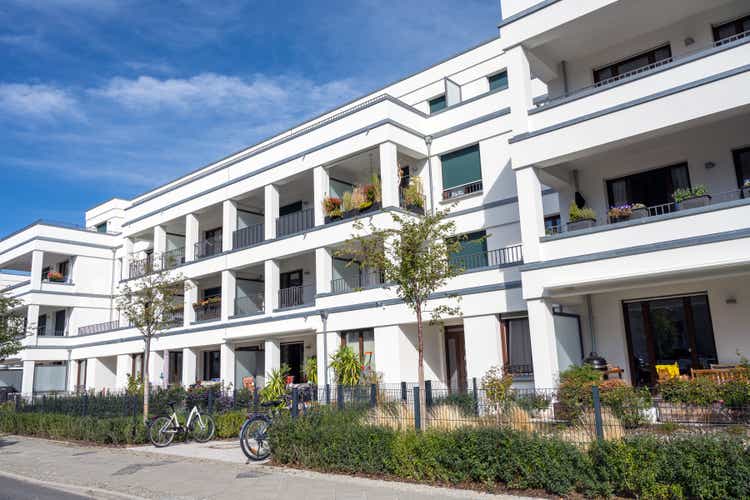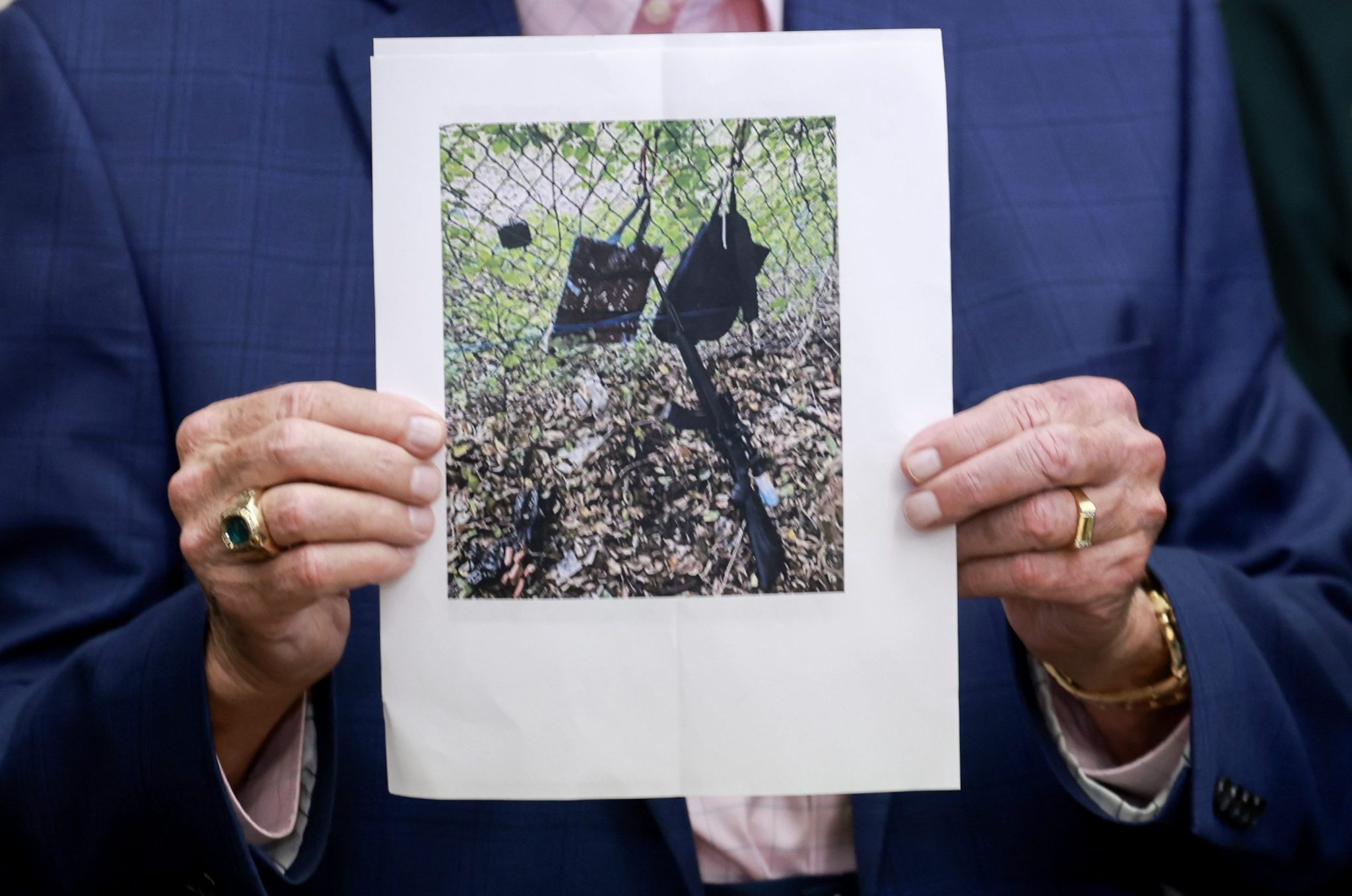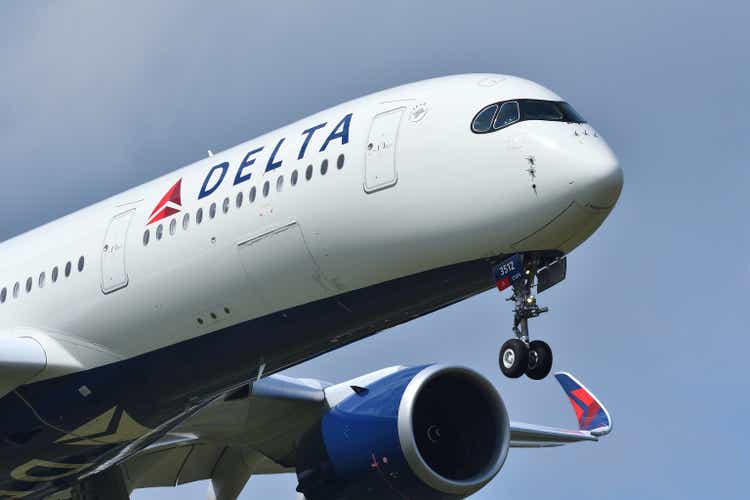India's GST reforms could trim headline inflation by as much as 75 basis points and unlock up to Rs 1 lakh crore in consumption spending, a report has said.
"The overall impact on CPI is expected to be around 55-75bps. Thus we revise downward our current estimate of headline CPI to 3.1 per cent from our previous forecast of 3.5 per cent," said a report from Bank of Baroda's research wing.
Analysts say the GST reforms, which placed 99 per cent of goods in the 0 per cent, 5 per cent or 18 per cent brackets, will cut effective tax rates to around 10–11 per cent.
"We expect the taxable consumption group will translate to Rs 150-160 lakh crore. This amount may even be higher once we get the new proportion of GST collected under each head," the statement said.
We estimate the net gain to consumption of Rs 70,000 crore to 1 lakh crore which amounts to 0.2-0.3 per cent of GDP, the bank said in the report.
The government has pegged the revenue impact at Rs 48,000 crore. The bank, however, said that the hit will be a direct benefit to private consumption.
"However, based on the assumption that lower indirect tax rates would translate to lower inflation, we expect a gain of around Rs 20,000-50,000 crore," it added.
Food inflation is expected to fall 25–35 bps in the next 6 months, the bank forecasted, as prepared meals, oils, bread and noodles turn cheaper due to drop-in rates of butter and vanaspati.
Core inflation could ease 30–40 bps, driven by lower rates on soaps, toothpaste, household appliances and medicines.
Lower rates are also expected to spur production in non-durables such as butter, jams, jellies, honey and juices, and boost credit demand ahead of the festival season.
"Index of Industrial Production (IIP) growth, which was thought to be pressured from higher tariffs, might get significant support from domestic demand," the bank noted.

 2 hours ago
1
2 hours ago
1













 English (US) ·
English (US) ·